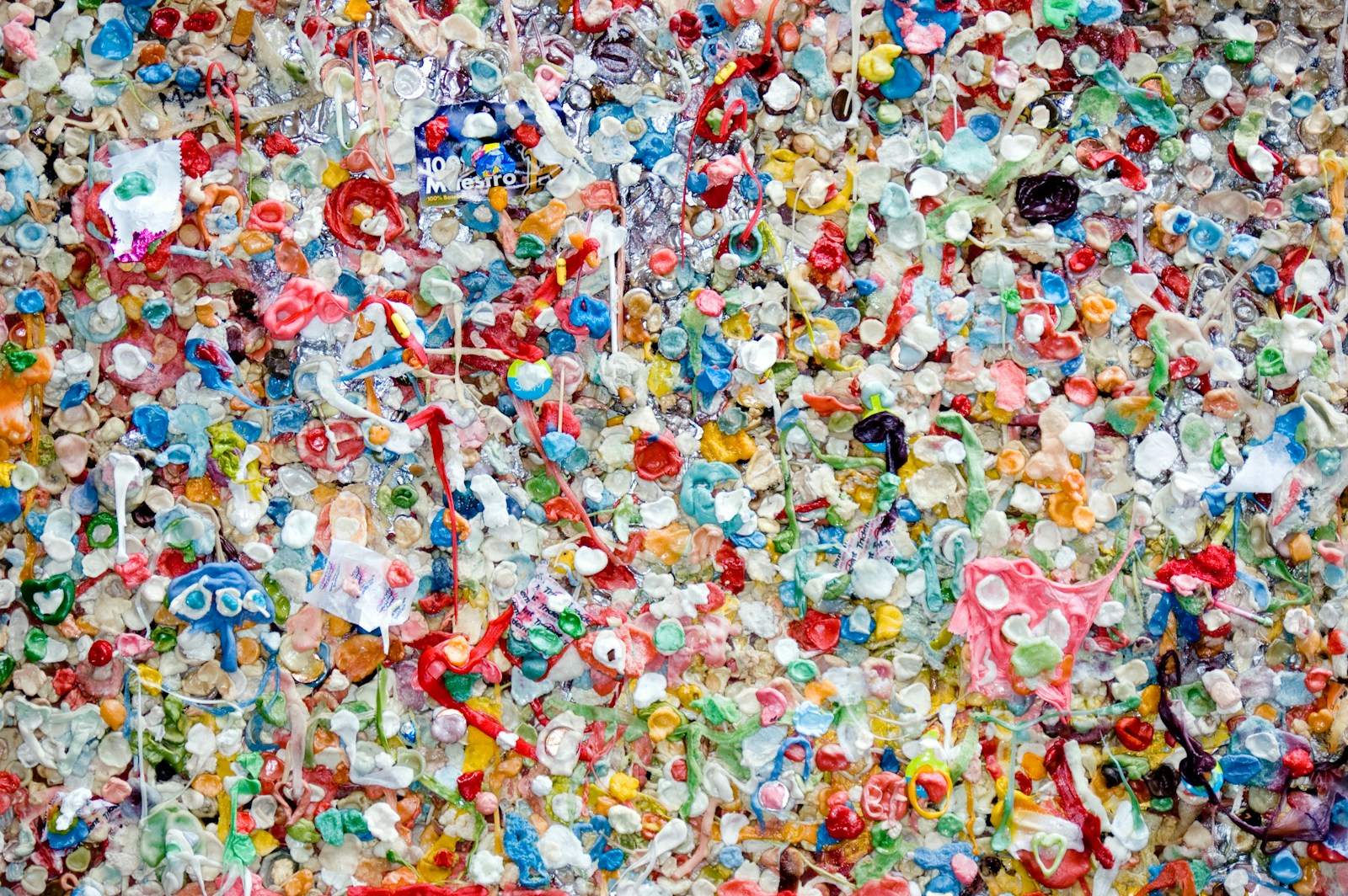225m tonnes of materials have been manufactured this year, exceeding capacity to recycle and reuse.
Friday 5th September marks Plastic Overshoot Day, at which point humans have made more of the long-lasting resource than can pro cess. In total, the world has produced the equivalent to the weight of 50million adult elephants.
Each person will produce 28kg of plastic waste this year, an increase of 9.7% compared with 2021. Around one-third of this will be mismanaged at the end of its lifespan, leaving 72million tonnes of plastic to find its way into the natural world. As of today, there are 117 days of 2025 left.
33% of plastic pollution comes from either packaging, textiles, and short lifespan products. 60% of mismanaged waste can be sourced to just 12 countries, with China, India, Russia, Brazil, Iran and Mexico the biggest contributors.

Many of the worst performing countries were amongst those to resist the introduction of stronger legislation at the recent UN Plastic Treaty negotiations, which collapsed last month. However, Mexico has aligned with the High Ambition Coalition to End Plastic Pollution. According to the charity Earth Action, responsible for Plastic Overshoot Day, by 2030 plastic related corporate liabilities stemming from extended producer responsibility will reach $20billion US globally.
‘The absence of a global plastics treaty doesn’t mean the absence of risk for the planet and business. Plastic Overshoot Day is a stark reminder of the plastic crisis we still face,’ said Sarah Perreard, Co-CEO at EA Earth Action.
‘While multilateral negotiations continue to stall, plastic pollution is actively impacting the business environment through increased state regulation, litigation against companies, and mounting liabilities,’ she continued. ‘The financial case for action is clear, companies that measure, disclose, and reduce plastic risks today will differentiate themselves and build resilience, while those who delay will face the costs of inaction tomorrow.’
Plastic Overshoot Day’s data was provided through the organisation Plasteax, which is in the process of transitioning into the Packaging Data Hub. The platform allows organisations of all sizes to make informed decisions on their packaging choices based on extensive datasets. This is run by Earth Action and Systemiq.
‘Plastic Overshoot Day highlights the imbalance between our production patterns and our capacity to manage waste responsibly. This is not a problem we can recycle our way out of,’ Yoni Shiran, Partner and Plastics Lead at Systemiq.
‘That’s why alongside Earth Action we will soon launch the Packaging Data Hub – a ‘single source of truth’ on packaging data with the aim of helping companies, governments, investors and other stakeholders to make better data-based decisions,’ they continued.
Image: Marc Newberry / Unsplash
More Pollution, Waste & Recycling:
Councils can’t afford to investigate contaminated land sites
Scientists have no idea how many microplastics people are breathing in
114,000 child hospitalisations in London due to air pollution
